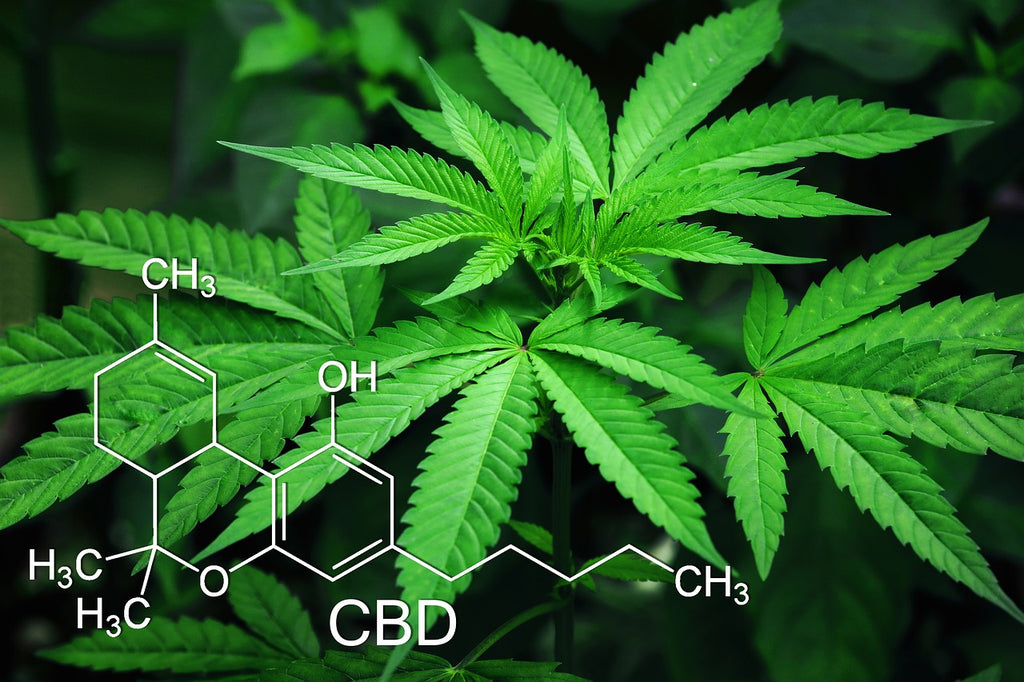Hexahydrocannabinol (HHC) - The unknown player in the cannabis game

Are you ready to delve a little deeper into the world of cannabinoids? Today we're taking a look at hexahydrocannabinol, also known as HHC. This cannabinoid doesn't get the same attention as THC or CBD, but we wanted to take a closer look, especially in the context of the growing cannabis industry.
What is Hexahydrocannabinol (HHC)?
Hexahydrocannabinol (HHC) is a lesser-known cannabinoid found in the cannabis plant. Compared to THC, its popularity is low, but it has similar psychoactive properties. This means that HHC can also cause intoxication when consumed.
A critical look at HHC:
-
Lack of Research: One of the main problems with HHC is the lack of comprehensive scientific research. Unlike THC and CBD, which have been extensively researched and whose effects are well understood, there is limited information about HHC. This means we do not fully understand how it affects the body, what potential risks it poses, and how it differs from other cannabinoids.
-
Security Issues: Since we know little about HHC, there are also concerns about its security. It is unclear how long-term use or excessive consumption of this cannabinoid might affect health. It is possible that HHC may have unexpected side effects or risks that we do not currently know.
- Regulation and Quality Assurance: In many parts of the world there are no clear regulations or standards for HHC products. This leads to uncertainty regarding the quality and purity of HHC products on the market. Consumers may be unsure of what they are really getting when they purchase HHC products.
How is hexahydrocannabinol (HHC) obtained?
Obtaining HHC is a complex process that usually takes place in laboratories rather than in nature. HHC is not extracted directly from the cannabis plant but is produced synthetically. It is produced through chemical reactions and modifications of cannabinoid precursors.
The production of HHC is not widely used due to its complexity and the lack of research in this area. This contributes to the safety and quality issues mentioned above, as it is difficult to control how and where HHC is manufactured.
Differentiation of HHC from THC:
Hexahydrocannabinol (HHC) and tetrahydrocannabinol (THC) are two different cannabinoids found in the cannabis plant. Here are some key differences between them:
- Chemical Structure: HHC and THC have different chemical structures. THC is a tetrahydrocannabinol while HHC is a hexahydrocannabinol. This means that they differ in the number of hydrogen atoms in their molecule.
- Psychoactive effects: Both cannabinoids can have psychoactive effects, but they may differ in strength and quality. THC is known for its powerful psychoactive effects and is the main cause of the "high" associated with cannabis use. The psychoactive effects of HHC are less well understood due to limited knowledge about it.
- Research: THC is the most researched cannabinoid and has found a wide range of pharmaceutical uses. It has been extensively studied, whereas HHC has only recently come into scientific interest and is therefore less researched.
- Availability: THC is still illegal in many parts of the world as a psychoactive substance unless medically prescribed. HHC is unregulated in most regions due to its lower profile, but this will hopefully change as it becomes more popular.
Conclusion:
Hexahydrocannabinol (HHC) may be an interesting cannabinoid, but there are too many unknowns and risks associated with its use. Before we can consider HHC as a safe and acceptable option for consumption, further research is urgently needed. In the meantime, be careful and be aware of the fact that HHC has not yet been subjected to the same scientific scrutiny as other cannabinoids. In the growing world of cannabis, it is important to be curious but also act responsibly and informed.
